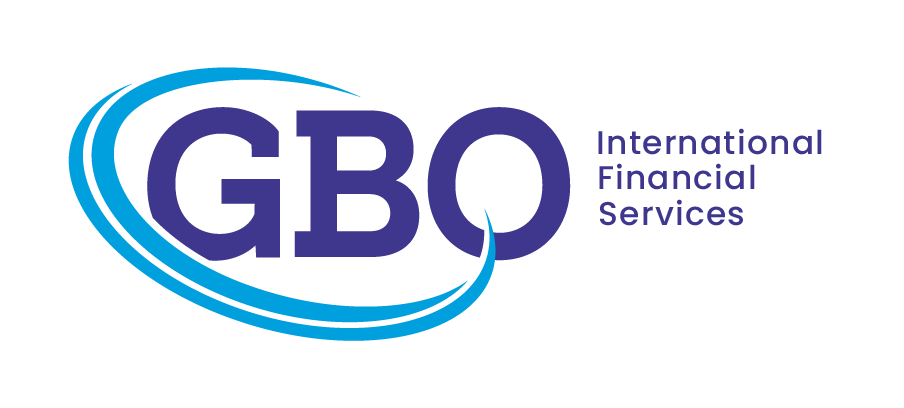How do European banks conduct risk assessment for corporate customers?
It is important to know what kind of parameters are used when a potential corporate customer is being assessed for risk by a European bank. Your new corporate bank account will be defined by the bank’s risk assessment of your company. After an accurate customer risk assessment the bank will determine the type of bank account you can open, the terms and the charges you will pay. The bank will also monitor your transactions according to the level of risk your company presents.
Need to open a Business Bank Account? click to leave your details
When considering a new corporate customer banks assess the potential risk of your company using specific parameters including examining your payments to see where you are sending and receiving funds to and from. They will also look at the supporting documents to see that the payments are legitimate. The bank will want to know who your company receives funds from and what products or services they are paying for. They will look at the company invoices, orders and agreements to verify your receipt of funds.
Generally if your company is considered high risk you will have a hard time finding a bank to accept your application for a corporate account. When high risk companies are accepted as new bank customers the terms and conditions that apply to the account are stringent.
Factors considered by European banks when assessing a new corporate customer’s risk level:
- Type of business ownership structure of the company being assessed: When making a risk assessment banks want to know the complexity of your business ownership structure – are there several holding companies? What jurisdiction are the holding companies in and are they offshore? What nationality are the owners? Are there real directors or nominees? What is the company’s legal structure? Is the company owned by a sole proprietor, partners, a corporation or LLC?
- Type of Industry the potential new corporate bank account holder is involved in: The bank assessing your company will want to know what your company does. Which industry does your company belong to? Is it a high-risk industry like gaming? Is your business online or offline? Is your company licensed according to the law? Is your business part of a tightly controlled industry like agriculture?
- Official address of the potential new corporate customer: The banks will want to know your company’s legal address? It will want the real address of the company; the place where business is conducted on a day-to-day bases? Companies with an address that is used only for letterhead and official purposes but not as the actual place-of-business will be deemed high risk. Banks often require proof of address in the form of a utility bill, property receipt, lease agreement or similar document.
- What is the company’s gross income: During risk assessment the bank will want to know the company’s monthly turnover? The higher the turnover the higher the risk.
- How many employees does your company have: Banks consider larger companies with a substantial staff low risk and companies owned by a sole proprietor are considered higher risk. Larger companies are considered more stable and less likely to fail.
- How many years has the company existed: Older companies have a track record to back up the legitimacy and endurance of their business. The paper trail, reviews, public information and online data of an established company will be assessed to see if the company is high, medium or low risk. On the other hand a company that has only recently been set-up will have little to show for it and so will usually be considered high risk.
Age, size, company turnover, ownership structure, address and type of industry are just a few of the parameters taken into account when a bank runs a customer risk assessment. A customer risk assessment determines the terms and conditions of your new Euro corporate bank account as well as the fees and ongoing monitoring of your account. For this reason bank customer risk assessments are extremely important.


